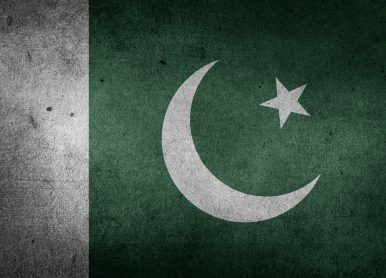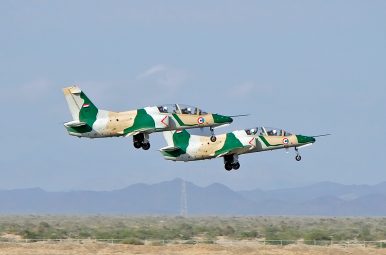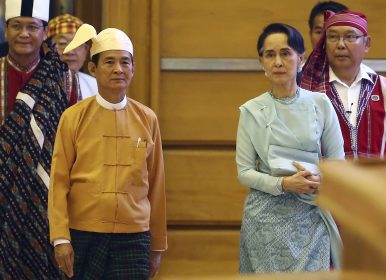Rishi Paul
 The BASIC Programme on Nuclear Responsibilities shapes the approach to international nuclear weapon policy to draw out the “nuclear responsibilities” of states around nuclear weapons during the process of global disarmament. Each nuclear weapons possessor state has described itself as a 'responsible' nuclear-armed state, but there exists no common understanding of what this entails. This presents an opportunity for a new, inclusive and engaging discussion of nuclear deterrence, restraint, and disarmament that is centred around the nuclear responsibilities frame.
The BASIC Programme on Nuclear Responsibilities shapes the approach to international nuclear weapon policy to draw out the “nuclear responsibilities” of states around nuclear weapons during the process of global disarmament. Each nuclear weapons possessor state has described itself as a 'responsible' nuclear-armed state, but there exists no common understanding of what this entails. This presents an opportunity for a new, inclusive and engaging discussion of nuclear deterrence, restraint, and disarmament that is centred around the nuclear responsibilities frame.
 The BASIC Programme on Nuclear Responsibilities shapes the approach to international nuclear weapon policy to draw out the “nuclear responsibilities” of states around nuclear weapons during the process of global disarmament. Each nuclear weapons possessor state has described itself as a 'responsible' nuclear-armed state, but there exists no common understanding of what this entails. This presents an opportunity for a new, inclusive and engaging discussion of nuclear deterrence, restraint, and disarmament that is centred around the nuclear responsibilities frame.
The BASIC Programme on Nuclear Responsibilities shapes the approach to international nuclear weapon policy to draw out the “nuclear responsibilities” of states around nuclear weapons during the process of global disarmament. Each nuclear weapons possessor state has described itself as a 'responsible' nuclear-armed state, but there exists no common understanding of what this entails. This presents an opportunity for a new, inclusive and engaging discussion of nuclear deterrence, restraint, and disarmament that is centred around the nuclear responsibilities frame.
What this report does












/arc-anglerfish-arc2-prod-mco.s3.amazonaws.com/public/DSZPZY7XOVFTBNWHYJJW4GA4XI.jpg)
/arc-anglerfish-arc2-prod-mco.s3.amazonaws.com/public/ZYIVGEBIPNHEBNHZV6WLVVRJ5A.jpg)
/arc-anglerfish-arc2-prod-mco.s3.amazonaws.com/public/MYUC6SHLS5GEXMOB5ZPQXVUZXQ.jpg)


